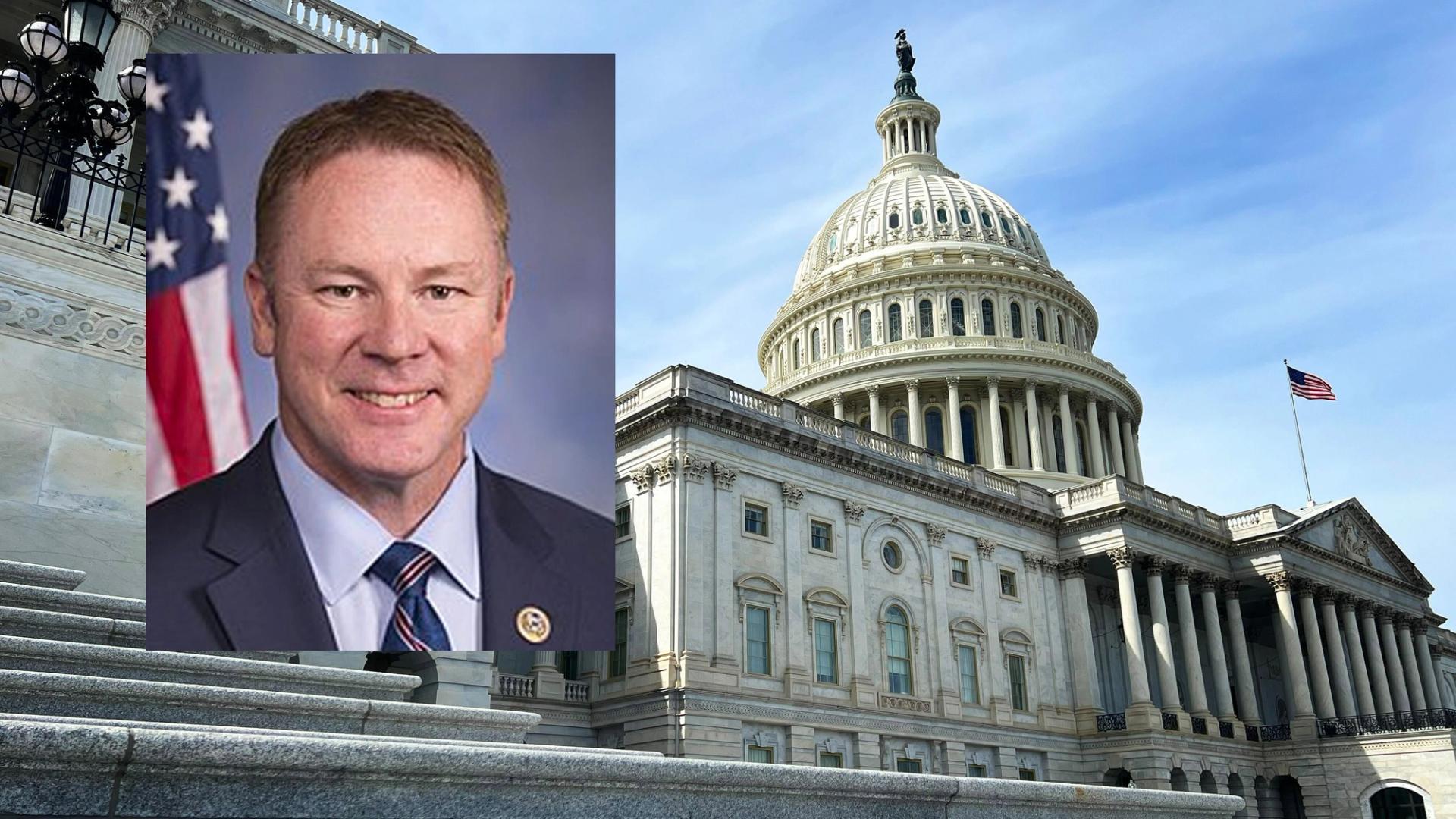
One of the cryptocurrency industry’s former Republican allies in Congress has introduced a bill to allow individuals and businesses to pay taxes in bitcoin. without triggering capital gains liability and also directing funds to the US Bitcoin Strategic Reserve, providing a new funding mechanism for the yet-to-be-established federal cryptocurrency reserve.
Rep. Warren Davidson (R-Ohio) introduced the Bitcoin for America Act to allow Americans to pay federal taxes in bitcoin, he said on his official website Thursday.
Davidson, a bitcoin advocate since 2012, said the bill aims to strengthen the country’s economy and position it at the forefront of global leadership in digital assets.
“The Bitcoin for America Act marks an important step toward modernizing our financial systems and embracing the innovation that millions of Americans already use every day,” he said in a statement.
“By allowing taxpayers to pay federal taxes in bitcoin and having the proceeds placed in the Bitcoin Strategic Reserve, the nation will benefit by having a tangible asset that appreciates in value over time, unlike the US dollar, which has steadily lost value under inflationary pressures,” he said.
He said in a talk with the Bitcoin Policy Institute, a research organization that advocates for BTC, that he regrets that Congress did not listen to him in 2016, when BTC cost between $500 and $600.
“Think about the advantages in terms of what it could do for a country that is $38 trillion in debt,” the congressman said.
“The Bitcoin for America Act demonstrates that a strategic Bitcoin reserve does not have to be a top-down mandate,” said Conner Brown, Chief Strategy Officer at BPI. “By allowing Americans to voluntarily contribute bitcoin through their tax payments, it creates the first truly democratic, market-driven model for domestic bitcoin accumulation.”
President Donald Trump’s Strategic Bitcoin Reserve became a possibility in early March, when he signed an executive order authorizing its creation.
However, those working on the project in the White House and the Treasury Department have not made the final leap to maintain the reserve, which they have said will likely require intervention from Congress.
When the president called for the reserve, he disappointed many of his supporters in the cryptocurrency industry when he said he would not dip into taxpayer dollars to fund it. Davidson’s bill could potentially run counter to that concept, although he anticipates that taxpayers will knowingly put their assets into the fund (and enjoy the capital gains exemption on that amount).
Arkham’s US Federal Reserve tracker is currently down, but according to the most recent estimates, the White House cryptocurrency vault has an estimated 198,012 BTC, valued at approximately $17 billion.
Davidson’s bill, which assumes that Bitcoin is expected to “appreciate due to its scarcity and growing adoption,” is amid a major drop in the token’s value.
A House bill introduced at this point in the Congressional session may act as a talking point in future negotiations over several crypto tax provisions that industry lobbyists hope can find a legislative vehicle. Meanwhile, most of lobbyists’ attention is on the Senate’s ongoing work with the crypto market structure bill.



